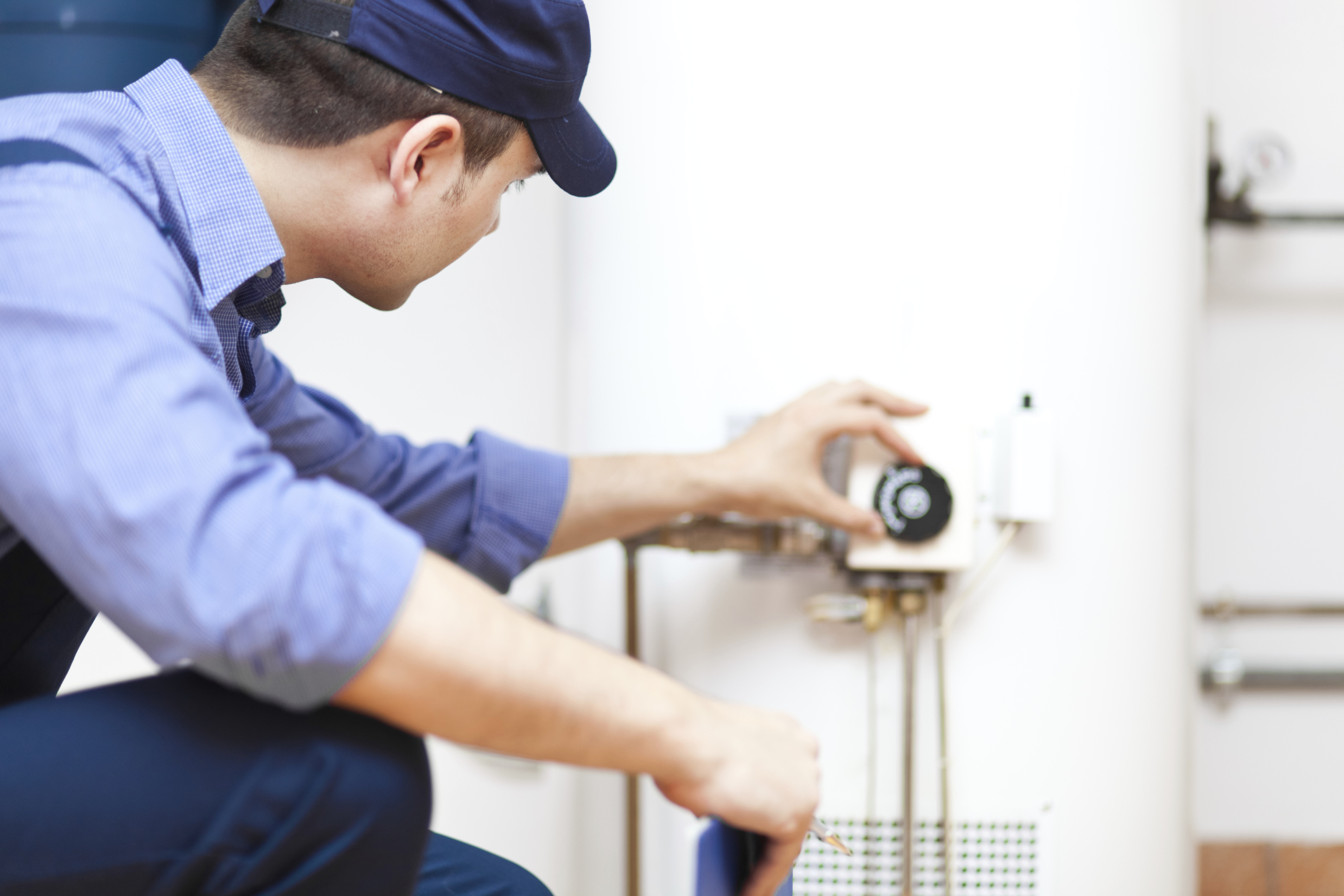Your Hot Water Supply: A Guide to Common Water Heater Problems
Having hot water available at all times is something most homeowners take for granted — until there’s suddenly no hot water left. Dealing with water heater problems can be frustrating and inconvenient. But whether you need repairs or full replacement, the licensed technicians at Ultimate Plumbing in Mooresville, NC, have the experience, training, and equipment to diagnose issues and restore your hot water supply.
Call (704) 892-5843 to schedule a visit with one of our 24/7 plumbing and heating technicians. We’re here to help in any plumbing emergency!
Common Water Heater Problems
Several issues can affect water heaters, ranging from minor repairs to complete replacement. Common problems include:
- Sediment Buildup: Minerals from water can form deposits and scale on elements and in tanks. This reduces efficiency and can lead to overheating or failure.
- Leaking Tanks: Water tank corrosion and small cracks or splits can cause leaks. This leads to flooding and water damage if not addressed promptly.
- No Hot Water: Issues like failed heating elements, broken thermostats, sediment buildup, and more can prevent hot water production. Troubleshooting is needed to determine the exact cause.
- Noise: Rattling, rumbling, and popping sounds can indicate problems like sediment accumulation, incorrect gas line sizing, or failing components.
- Inconsistent Hot Water: If you get hot water sporadically or hot water runs out quickly, causes may include a failing thermostat, an undersized heater, or leaks.
- Rust-Colored Water: Rusty-colored water usually means corroded pipes or a rusted interior tank lining. The rust can stain laundry and plumbing fixtures.
- High Energy Bills: Low efficiency, leaking tanks, incorrect sizing, and faulty components can waste energy and make bills spike, sometimes dramatically.

Should I Repair or Replace My Water Heater?
Deciding between water heater repair or replacement depends on several factors:
- Age: Replace your water heater if it’s over 10 years old. Newer models are much more efficient and reliable.
- Frequent Problems: Multiple repairs in a short time signal an aging, inefficient system needing replacement.
- High Energy Bills: A new unit can pay for itself quickly with energy savings if an old one isn’t efficient.
- Cost of Repairs: Consider how repair costs compare to replacement. Major repairs often make replacement a better investment.
- Plumbing Incompatibilities: Older heaters may not work with modern plumbing without expensive modifications.
- Equipment Lifespan: Even with repairs, components have a functional lifespan. Replacement avoids re-repairing old parts.
The Ultimate Plumbing professionals have the necessary background to advise whether you should repair or replace based on your specific situation.
Water Heater Maintenance Tips
Proper water heater maintenance can maximize your heater’s lifespan and avoid many common problems. Basic maintenance tips include:
- Drain and flush the tank annually to remove sediment that can lead to inefficiency and failure. Promptly fix any leaks.
- Inspect the anode rod if your unit has one. Replace it every five years or if heavily worn to prevent tank corrosion.
- Check pipes and valves for leaks. Drips can signal worn parts. Catching leaks early prevents damage.
- Clean the area around the heater and make sure vents aren’t obstructed. This improves air circulation for efficiency and safety.
- Monitor your utility bills. Higher energy use can mean time to inspect and potentially replace the unit.
- Test the pressure relief valve annually. Improper pressure is dangerous, and identifying valve faults before they fail prevents mess and damage.
- In hard water areas, flush heaters more frequently to control lime and scale buildup. Descaling may be needed in severe cases.
By understanding how your water heater works, catching problems early, and performing preventive maintenance, you can add years of service. But when trouble arises, the Ultimate Plumbing team has the experience and expertise to quickly diagnose any issue — and help you decide whether repairs or replacement make the most sense based on your needs.
Frequently Asked Questions
What causes a water heater to stop heating water?
Some common reasons a water heater stops heating include:
- Faulty heating elements
- Broken thermostats
- Sediment buildup
- A tripped circuit breaker
- A damaged heat exchanger in gas models
Professional diagnosis is needed to pinpoint the exact cause.
Why does my water heater make loud noises?
Loud rumbling, popping, or banging from a water heater is usually due to sediment accumulation in the tank. Other possible causes are loose parts, incorrect gas line sizing, failing components like heating elements, or a leaking tank.
Why does my hot water run out quickly?
If your hot water supply runs out faster than it should, the problem may be with the heating elements, thermostat, or a leak. An undersized unit or excessive demand can also result in hot water not lasting.
What causes low hot water pressure?
Clogged inlet screens, mineral deposits, undersized supply lines, and problems with the water pressure regulator can reduce flow and pressure from a water heater. Low pressure may mean repairs are needed.
Contact Ultimate Plumbing in Mooresville for Professional Service
Don’t wait until you have no hot water left and face the hassle and cost of emergency repairs. Schedule preventive maintenance and stay ahead of problems. Or, if you need a new installation or currently have water heater issues, contact Ultimate Plumbing at (704) 892-5843 for same-day and 24/7 emergency service. Our courteous, uniformed professionals respond promptly when you need us.
